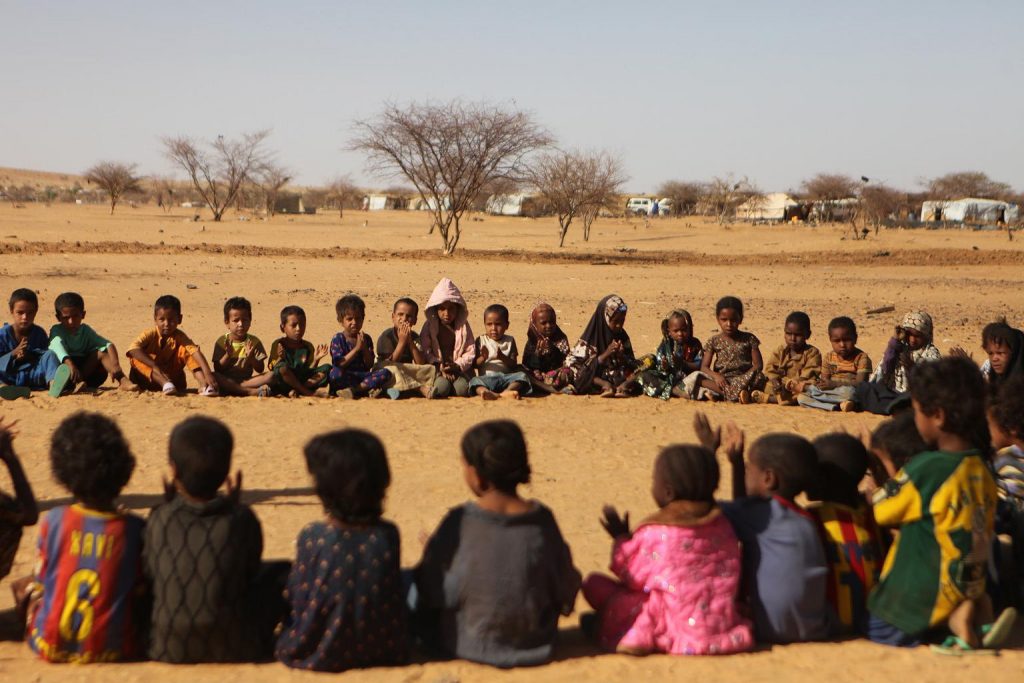Analysis of the academic discourse on participation, empowerment, and the right to health since the 1978 Alma-Ata International Conference on Primary Health Care and the subsequent Alma-Ata Declaration shows that each phase of the evolution of these concepts added important new aspects to the discussion. This article focuses on three crucial issues that relate to these additions: the importance of social class when analyzing the essentials of community participation, the pivotal role of power highlighted in the discussion on empowerment, and the role of the state, which refers to the concepts of claim holders and duty bearers included in a rights-based approach to health.
The authors compare these literature findings with their own experiences over the past 20 years in the Philippines, Palestine, and Cuba, and they offer some lessons learned. The concept of “health through people’s empowerment” is proposed to identify and describe the core aspects of participation and empowerment from a human rights perspective and to put forward common strategies. If marginalized groups and classes organize, they can influence power relations and pressure the state into action. Such popular pressure through organized communities and people’s organizations can play an essential role in ensuring adequate government policies to address health inequities and in asserting the right to health.



